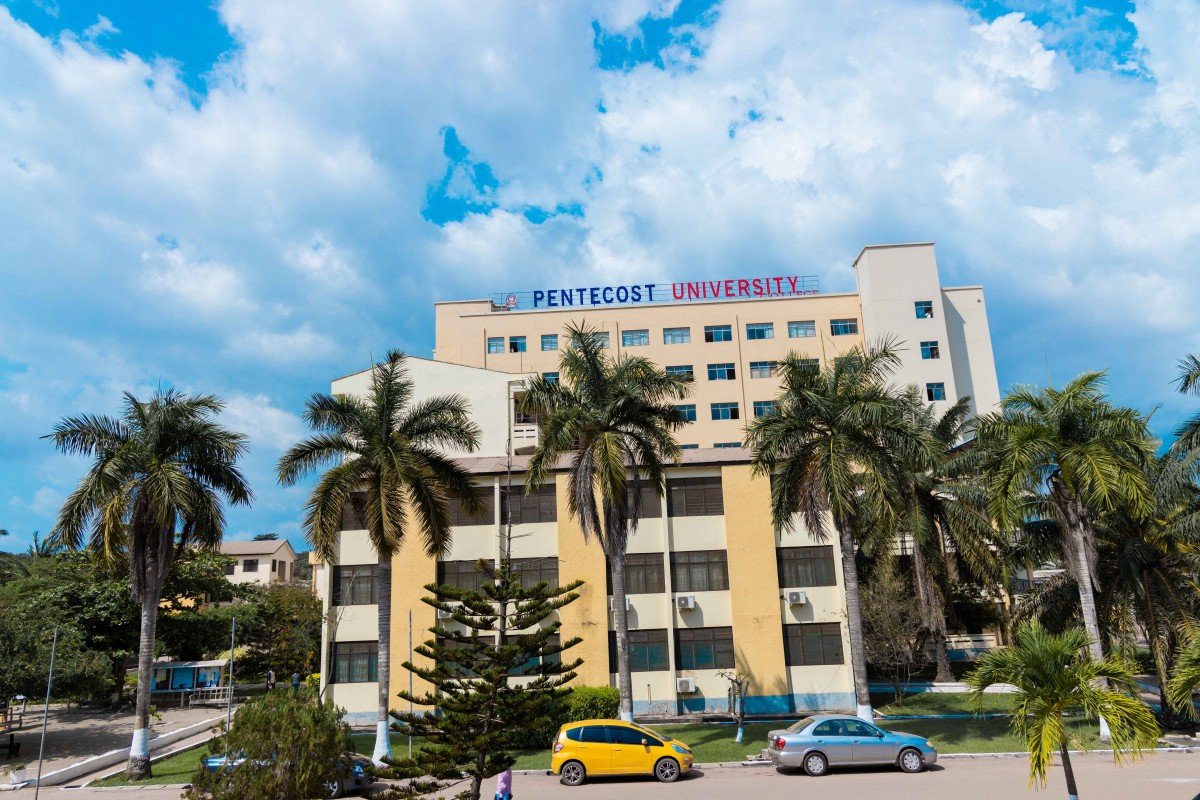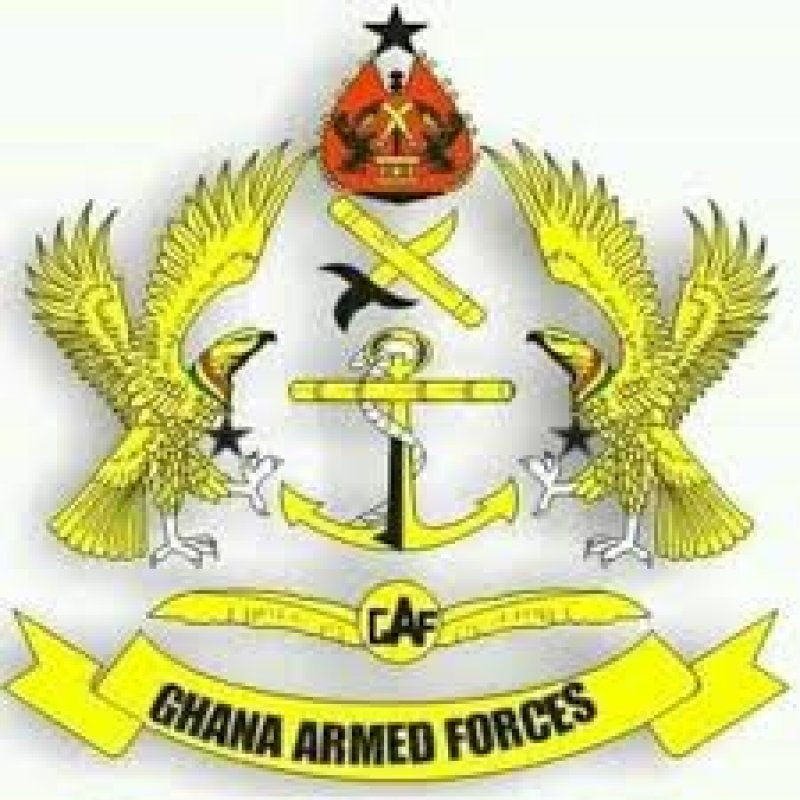The Republic of Ghana’s Ministry of Education has thought it prudent to add “History of Ghana” to the lower and upper primary education system. The syllabus has been scheduled to kick-start on September 2019 which marks the start of the 2019/2020 academic year.
The minister of Education, Dr. Matthew Opoku Prempeh wrote in the Foreword of the syllabus :”The new curriculum for Ghana’s primary schools is standards-based, which is our demonstration of placing learning at the heart of every classroom and ensuring that every learner receives quality education. Provision of accessible quality education for all is non-negotiable if we are to meet the human capital needs of our country, required for accelerated sustainable national development.
It is for this reason that the new curriculum sets out clearly the learning areas that need to be taught, how they should be taught and how they should be assessed. It provides a set of core competencies and standards that learners are to know, understand and demonstrate as they progress through the curriculum from one content standard to the other and from one phase to the next. The curriculum and its related teachers’ manual promote the use of inclusive and gender responsive pedagogy within the context of learning-centred teaching methods so that every learner can participate in every learning process and enjoy learning. The curriculum encourages the use of Information and Communication Technologies (ICTs) for teaching and learning – ICTs as teaching and learning materials”.
JUSTIFICATION
“History is a subject that explores the past with the aim of understanding the factors that have shaped our world. History deals with important past activities of a people so that we understand how we acquired our identity and culture. As an academic discipline, history helps to develop the imaginative abilities and critical thinking skills of learners because it teaches learners to analyse, evaluate and interpret past events carefully in order to make informed decisions. The study of history also teaches important moral lessons and provides clear guidelines for everyday life and interactions of people in the society”.
As Ghanaian people, there is less understanding among us about important historical developments and events such as the evolution of the different ethnic groups in the country and their social and economic institutions; the development of state systems; their contact with the outside world and economic, social and political consequences of that contact, such as the loss of political independence, the recovery of sovereignty and the emergence of the modern state of Ghana.
Furthermore, there is the need to appreciate the value of our own culture. As learners study Ghana’s history, they would appreciate the life and sacrifices of our forebears and learn about the interconnectedness among the various ethnic groups to promote national integration, develop national pride and identity. Learners would learn about statesmen and women, chiefs and other individuals who played various roles to promote Ghana’s development. In essence, the youth would consequently become patriotic, learn moral lessons, appreciate traditional Ghanaian values, and become useful national and global citizens.
Click here to download the Primary 1-6 History of Ghana Syllabus




